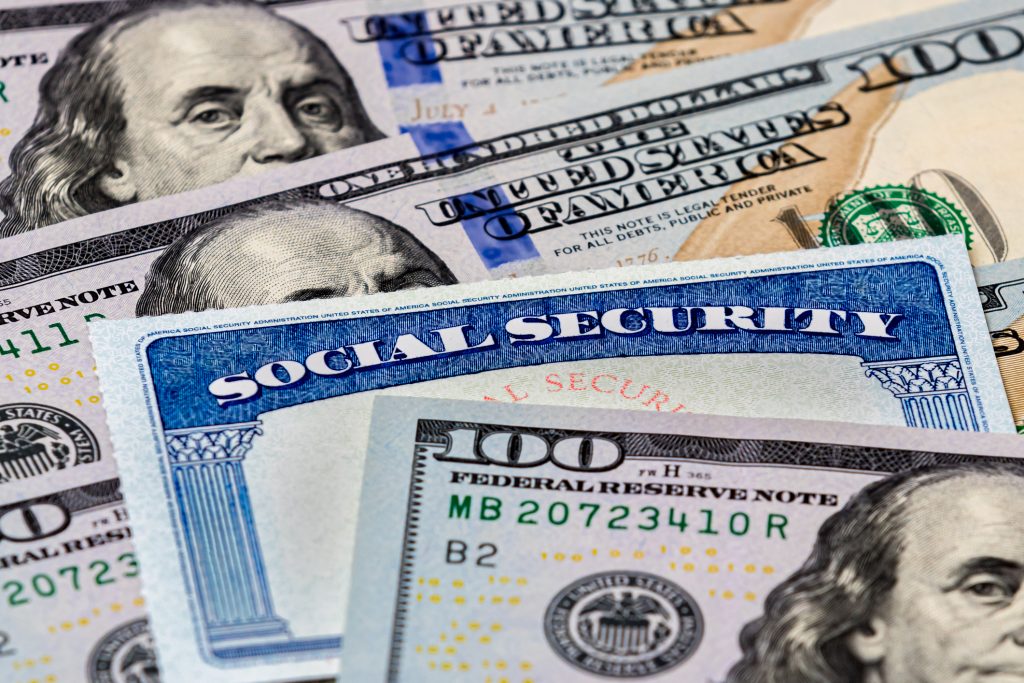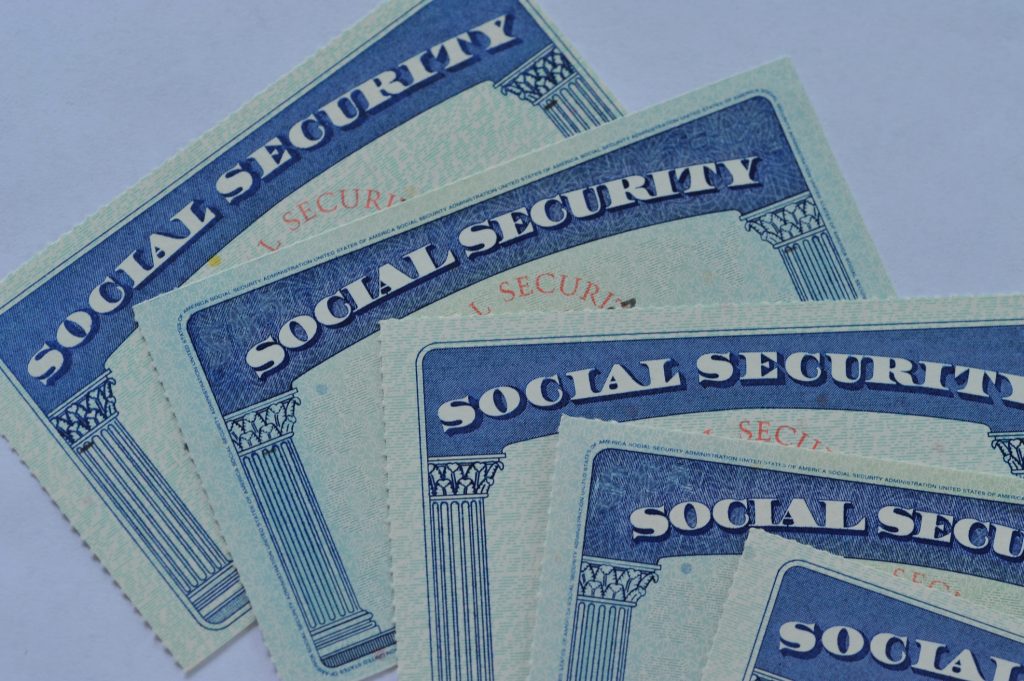
Image source: Getty Images
When the Federal Reserve lowered its benchmark interest rate by half a percentage point in September, it wasn’t a particularly surprising move. At that point, the Fed was expected to make its first rate cut of the year in response to cooling inflation.
The fact that the Fed then lowered its benchmark interest rate by a quarter of a percentage point in November also wasn’t shocking. And in the coming weeks, we’re likely to see a drop in auto loan rates, credit card rates, and certificate of deposit (CD) rates.
The Fed’s latest move could also have a big impact on mortgage rates. Here’s what you need to know if you’re thinking of buying a home or refinancing your mortgage.
You may have an easier time buying a home
There’s a reason so many buyers have struggled to purchase a home this year. Not only have home prices been elevated, but mortgage rates have been relatively high — especially compared to the record-low rates borrowers enjoyed in 2020 and 2021.
But now that the Fed has cut rates again, mortgage rates could soon be on the downswing. That could benefit you as a buyer in a couple of ways.
First, low mortgage rates should make it easier to afford monthly payments for a home. Second, they could lead to more real estate inventory.
Housing inventory has been sluggish because a lot of homeowners don’t want to give up the incredible mortgage rates they locked in a few years ago. But as rates fall, more people may be willing to sell.
An increase in inventory not only gives you more properties to choose from but could lead to a narrowing in the gap between supply and demand. And that could give you more negotiating power as a buyer.
If you think you’ll be ready to buy a home in the coming months, work on boosting your credit score and down payment funds now. Also, start shopping around for a mortgage. Click here for a list of the best mortgage lenders.
A refinance could be in your future
Falling mortgage rates aren’t just good for prospective home buyers; they’re also good for people who want to swap their current home loans for new ones.
As rates fall, refinancing a mortgage could result in lower monthly payments. So if you think you’ll be in your home for at least a few more years, it could pay to shop around for a refinance. Just make sure you intend to stay in your home long enough to recoup your closing costs, which are the fees lenders charge to put a new home loan in place.
Say you’re charged $5,000 in closing costs to refinance your mortgage. If that saves you $250 a month, it will take 20 months to break even. If you think you might move in a year, then refinancing won’t pay off. But if you plan to be in your home another five years or more, then refinancing would make sense.
Just as it’s a good idea to try to boost your credit score in anticipation of signing a brand-new mortgage, it also pays to work on raising your score if you’re interested in refinancing an existing mortgage. You can do so by paying bills on time, reducing credit card balances, and checking your credit report from each of the three bureaus — Experian, Equifax, and TransUnion — to make sure it doesn’t contain errors that could be working against you.
Alert: highest cash back card we’ve seen now has 0% intro APR into 2026
This credit card is not just good – it’s so exceptional that our experts use it personally. It features a 0% intro APR for 15 months, a cash back rate of up to 5%, and all somehow for no annual fee!
Click here to read our full review for free and apply in just 2 minutes.
We’re firm believers in the Golden Rule, which is why editorial opinions are ours alone and have not been previously reviewed, approved, or endorsed by included advertisers.
Motley Fool Money does not cover all offers on the market. Editorial content from Motley Fool Money is separate from The Motley Fool editorial content and is created by a different analyst team.The Motley Fool has a disclosure policy.
 benzinga.com
benzinga.com fool.com
fool.com



